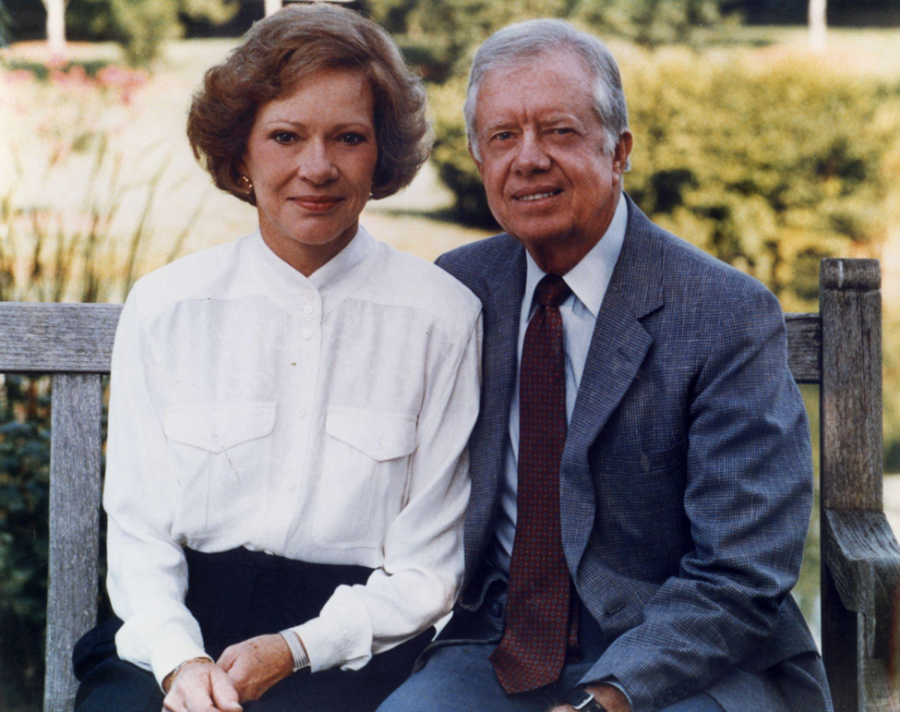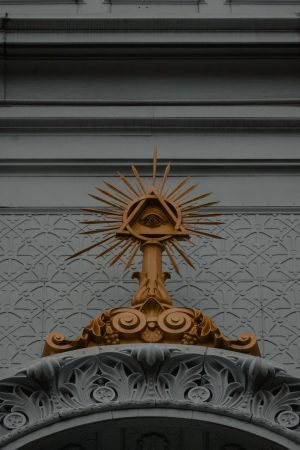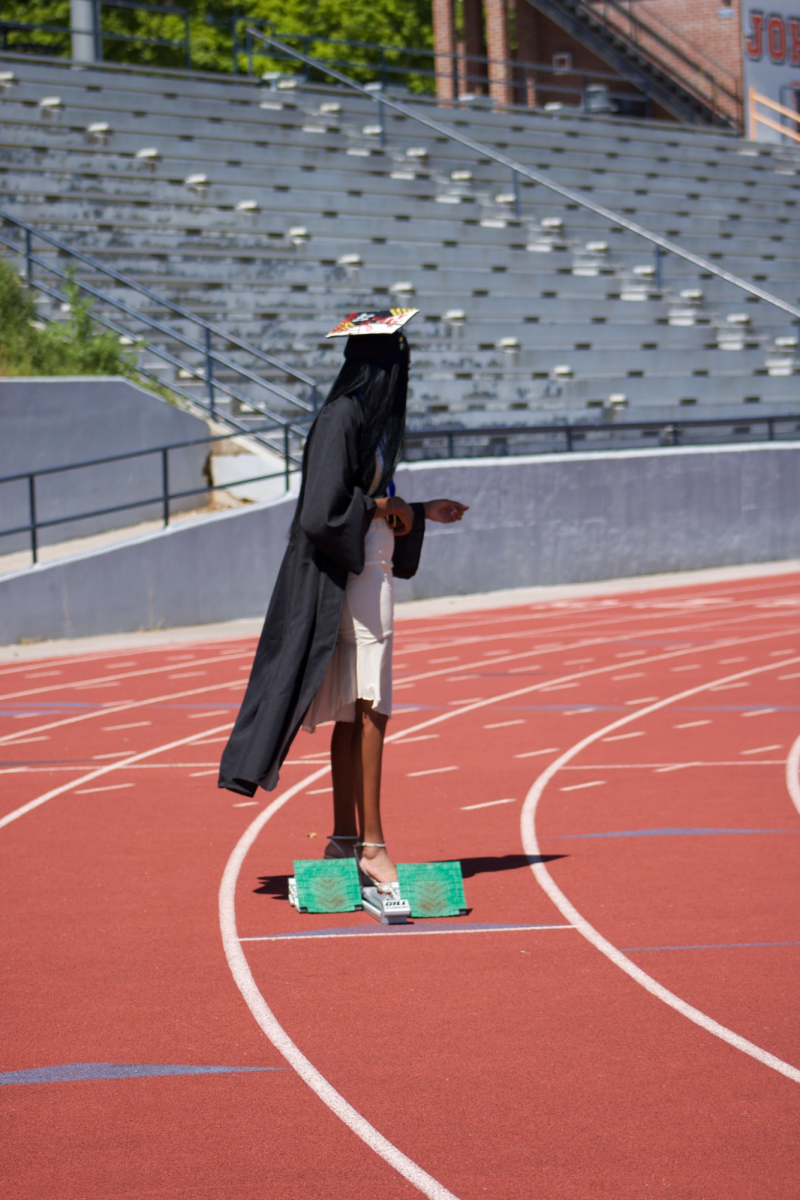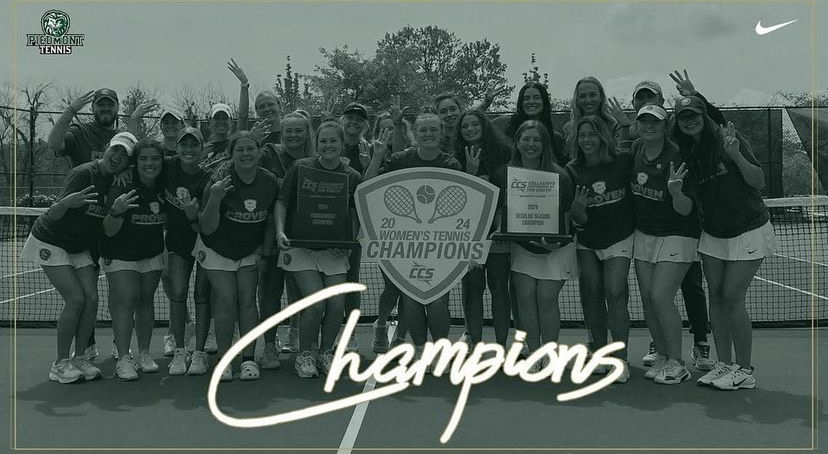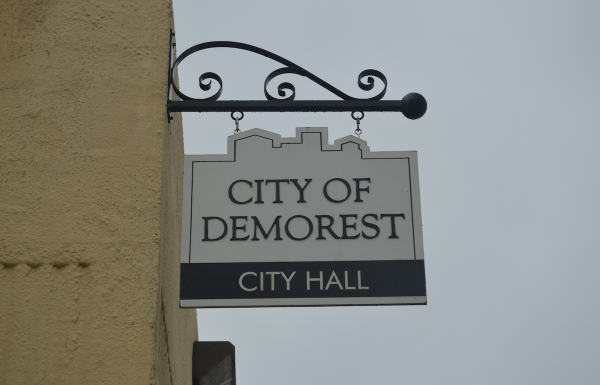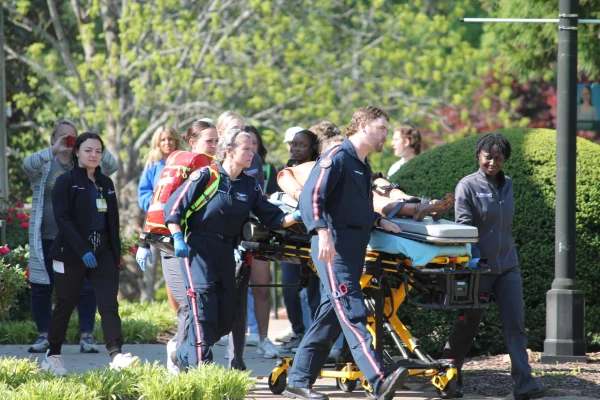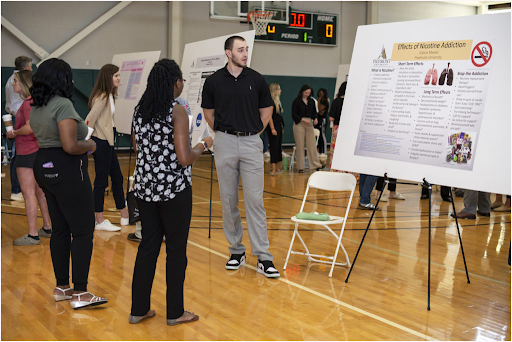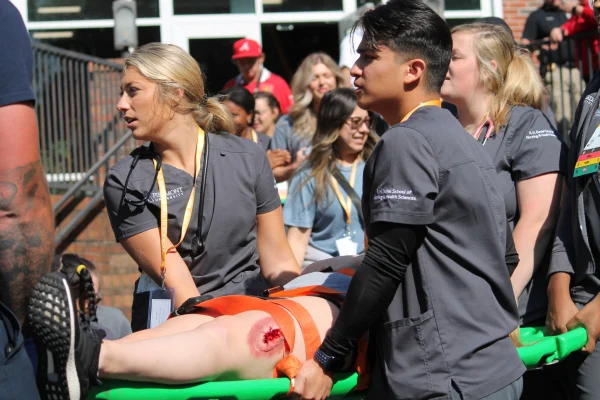The Legacy of Jimmy Carter
Photographed in 1993, Jimmy and Rosalynn Carter dedicated their lives to humanitarian efforts around the globe PHOTO//The Carter Center
March 10, 2023
On Feb. 18, The Carter Center released a statement announcing that after several hospital stays, former U.S. President Jimmy Carter had chosen to enter hospice care. As Jimmy Carter enters this final chapter, the country gathers to reminisce on the life of the former president.
Jimmy Carter (James Earl Carter, Jr.) was born in October 1924 to James Earl Carter, Sr., and Lillian Gordy Carter. The son of a peanut farmer and businessman went on to become a naval officer in New York, working on the Seawolf, the second nuclear submarine.
In 1946, Carter was wed to Rosalynn Smith. The two most recently celebrated their 76th wedding anniversary, making their union the longest in presidential history.
After Carter returned to Plains in 1953, following his father’s passing, he became a figurehead in the community, continuing his father’s legacy of running the Carter farm while supervising county boards on education, the hospital authority and the library. He then became a Georgia Senator, Georgia’s 76th governor and ultimately, won the election for President of the United States in 1976, crowning Carter as the 39th president.
Despite making many improvements during his time in the oval office, such as strides in environmental protections, educational improvements, foreign diplomacy and human rights, other events over the four years lost his standing in the voting booths.
Carter’s presidency became overshadowed by events such as the 444-day hostage crisis. Despite the discouragement, this loss did not paralyze Carter’s efforts to improve the country and the world. The man is not remembered so much for his presidency, then for his actions post-presidency.
In 1982, Jimmy and Rosalynn established The Carter Center in partnership with Emory University. According to the center’s website, its mission is “a fundamental commitment to human rights and the alleviation of human suffering, the Center seeks to prevent and resolve conflicts, enhance freedom and democracy, and improve health.” The center has spearheaded efforts to eradicate Guinea worm disease and ensure democratic elections abroad.
The Carters are also held in regard for their participation in Habitat for Humanity over the course of a 36-year period.
According to The Nobel Prize website, “The Nobel Peace Prize 2002 was awarded to Jimmy Carter ‘for his decades of untiring effort to find peaceful solutions to international conflicts, to advance democracy and human rights and to promote economic and social development.’”
In recent years the 39th president has retracted from the public sphere, though still making time to release statements on pressing public issues, such as the Jan. 6 attempt to overthrow the election and a push to build a road in Alaska that would cut through the land protected in the Carter era Alaska National Interest Lands Conservation Act.
Of the attempted Jan. 6 insurrection, in an open letter of reflection published by The New York Times, Carter wrote, “Our great nation now teeters on the brink of a widening abyss. Without immediate action, we are at genuine risk of civil conflict and losing our precious democracy. Americans must set aside differences and work together before it is too late.”
In his lifetime Carter has been a Sunday school teacher, a devoted husband, a loving father and grandfather, a political leader, a humanitarian and a valued member of the Plains community.
The 98-year-old plans to spend his final days in hospice care at his family home in Plains, Georgia, surrounded by loved ones.

